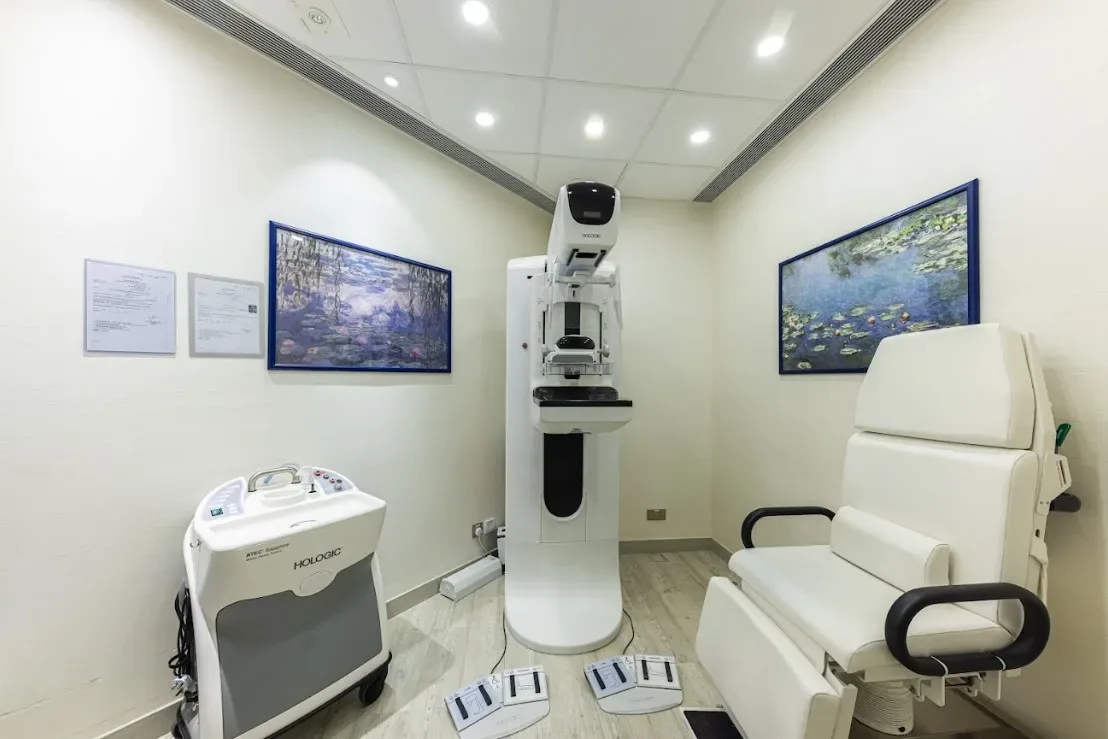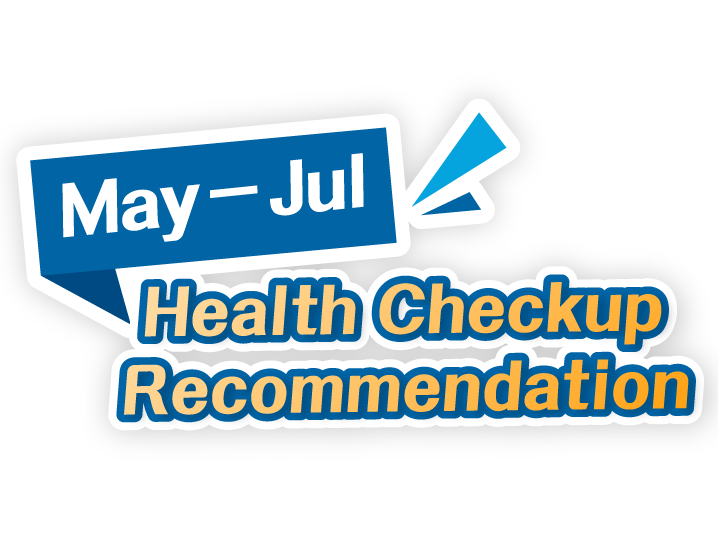- Home
- Regular Body Check-Ups: Why They’re Important and How to Make the Most of Them
Regular Body Check-Ups: Why They’re Important and How to Make the Most of Them

As the old saying goes, an ounce of prevention is worth a pound of cure. In the world of healthcare, this rings especially true. Regular body check-ups are an essential part of taking care of your health, helping you detect potential health problems early on, before they become more serious or difficult to treat. In this article, we’ll explore why regular check-ups are important, what to expect during a check-up, and how to make the most of your visits to the doctor.
Why Are Regular Body Check-Ups Important?
The human body is a complex machine, and even the healthiest among us can experience changes or issues over time. Regular check-ups allow you and your doctor to monitor your overall health and identify any changes or concerns that may arise. By catching potential health problems early on, you can take proactive steps to manage your health and prevent complications or serious health problems down the line.
There are several reasons why regular check-ups are important:
Early Detection of Health Problems: Many health problems, such as high blood pressure, high cholesterol, and diabetes, can be asymptomatic in their early stages. Regular check-ups can help detect these conditions early on, when they are easier to manage and treat.
Preventive Care: Regular check-ups also give you the opportunity to receive preventive care, such as vaccinations, cancer screenings, and lifestyle counseling. These preventive measures can help you stay healthy and avoid serious health problems in the future.
Management of Chronic Conditions: For people with chronic conditions, regular check-ups are crucial for monitoring the condition and adjusting treatment as needed. This can help prevent complications and improve quality of life.
Peace of Mind: Regular check-ups can help reduce anxiety and give you peace of mind, knowing that you are taking an active role in your health and well-being.
What to Expect During a Check-Up
A typical check-up will vary depending on your age, sex, and medical history. However, there are some common components of a check-up that you can expect:
Medical History: Your doctor will ask you about your medical history, including any past illnesses, surgeries, or hospitalizations. They will also ask about any medications you are currently taking.
Physical Exam: Your doctor will perform a physical exam, checking your vital signs (such as blood pressure, heart rate, and temperature), examining your eyes, ears, nose, and throat, and listening to your heart and lungs.
Diagnostic Tests: Depending on your age, sex, and medical history, your doctor may order diagnostic tests, such as blood tests, urine tests, or cancer screenings.
Lifestyle Counseling: Your doctor may provide counseling on lifestyle factors that can affect your health, such as diet, exercise, and smoking cessation.
Follow-Up: Depending on the results of your check-up, your doctor may recommend follow-up care, such as additional tests, medication adjustments, or referrals to specialists.
Making the Most of Your Check-Ups
To make the most of your check-ups, there are several things you can do:
Be Honest: It’s important to be honest with your doctor about your medical history, symptoms, and lifestyle habits. This will help your doctor provide the best possible care and recommendations.
Come Prepared: Before your check-up, make a list of any questions or concerns you have. This will help ensure that you don’t forget anything important during your visit.
Follow Your Doctor’s Recommendations: If your doctor recommends follow-up care or lifestyle changes, it’s important to follow through. This will help you manage your health and prevent complications down the line.
Stay Up-to-Date on Preventive Care: Make sure you are up-to-date on recommended preventive care, such as vaccinations and cancer screenings. This will help you stay healthy and catch potential health problems early on.
Build a Relationship with Your Doctor: Building a strong relationship with your doctor can help ensure that you receive the best possible care. Make sure you feel comfortable asking questions and discussing concerns with your doctor.
Conclusion
Regular body check-ups are an essential part of taking care of your health. By detecting potential health problems early on, receiving preventive care, managing chronic conditions, and reducing anxiety, regular check-ups can help you stay healthy and live your best life. By being honest with your doctor, coming prepared, following recommendations, staying up-to-date on preventive care, and building a relationship with your doctor, you can make the most of your check-ups and take an active role in your health and well-being.

